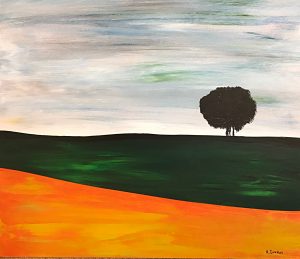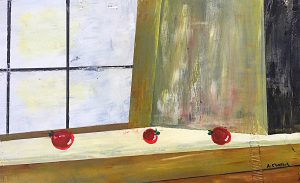By Arthur H. Gunther III
ahgunther@hotmail.com
No Memorial Day, USA or elsewhere, is without heartfelt words and tribute, parades, wreaths, re-mourning. What is always missing, though, are the voices of the fallen. Would that we could hear them. What would they say?
“Mom, I was as scared as you, but I could not show that with you there. So I never really said ‘goodbye’. …”
“Dad, you told me about your ‘war stories,’ and I figured we’d swap them when I came back. …”
“Mary (any sweetheart’s name), I was crying inside when you were showing tears, and we both felt that we had been pulled from our door to the future so that I could enter another, for a time only, but. …”
“Mr. Singer (any teacher’s name), I know you expected me to be the same distracted fellow day-dreaming in the back row, but I was really awake that final day, and I remembered you telling me to pay attention. It helped my pals in the squad, the ones who say urvived. …”
“Mayor Jones (any public official), I know there are speeches every Memorial Day, and parades and gun salutes and tears and then the barbecues, fireworks, leisure. Understand that all this is fine with me. I’d be there, too, if I could. But also believe that the man who fell next to me, the ‘enemy,’ isn’t one for me any longer, and he has mourners, too. …”
“I read the ‘Red Badge of Courage’ in Miss Rouy’s literature course and could not understand then the fine line between courage, the chance of it, the millisecond for choice, and the instant when cowardice could win. I thought it was black and white but now understand it is not really so, that military training and society’s expectation may of necessity set it up as clear choice, but in the moment of decision, there is fear, opportunity and the possibility of both heroism and cowardice. There is much more humanity to it. …”
And it is for humanity that I am ‘gone,’ the hope of it anyway. I am not truly ‘gone,’ of course, since I have not died in vain. The sacrifices of any of us, dead or living, is for betterment, for that continual ‘thirst’ for the world’s life and its great possibilities. Otherwise, why did you all lose me? …”
The writer is a retired newspaperman. He can be reached at ahgunther@hotmail.com This essay may be reproduced.


